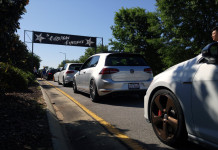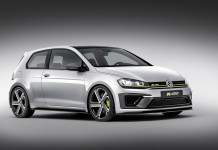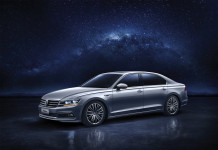Along with the presentation of a new 3-cylinder TDI, Volkswagen will be represented by a contingent of engine experts at the 31st International Vienna Motor Symposium. Its presentations in front of an international audience of engineers will focus on top values in CO2 emissions and fuel efficiency. However, another key issue that will be addressed is what conditions are crucial to achieving market penetration of alternative drives.
Professor Dr. Wolfgang Steiger, Head of Future Technologies in Group Communications, deals with such technical, societal and political requirements. In his lecture today in Vienna, Steiger explains: “Attitudes toward mobility are changing – not least of all due to the effects of the economic crisis and climate change – and are moving toward a sustainability perspective. Political entities around the globe react very differently to these issues, but they nearly always end up focusing on the promotion of electric mobility.”
Steiger adds that long distance and freight transportation will continue to rely on internal combustion engines with highly efficient drive systems in the foreseeable future, so a long period of coexistence can be expected between E-technology and classic internal combustion engines.
Proving that such internal combustion engines can meet current and future demands – with top values in reduced emissions – is the new 1.2l TDI with 3 cylinders in the Polo BlueMotion. Despite its relatively small displacement, the 1.2l 55kW / 75PS TDI engine can deliver a torque of 180 Nm at 2,000 rpm. The specification for the new 3-cylinder TDI called for the greatest possible dynamic engine performance with reduced displacement, maximum acoustic comfort and systematic weight reduction – without compromising the engine’s thermodynamic efficiency. All of the advantages of a reduced number of cylinders – primarily reduced weight and friction power loss – are being exploited as well.








